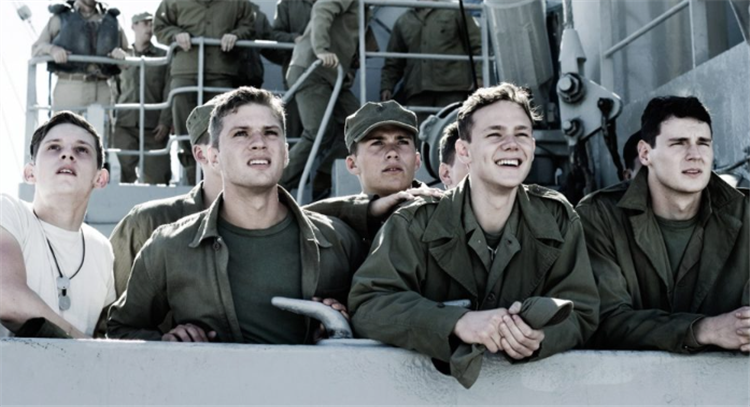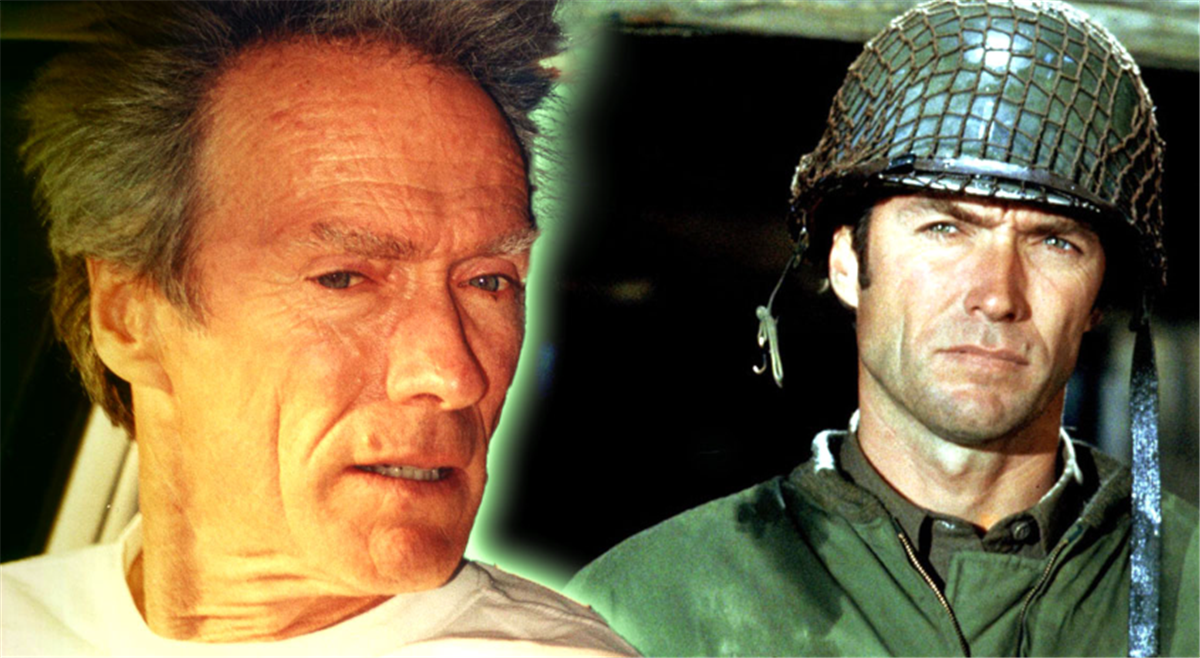Historical film adaptations are always tricky, and directors like Clint Eastwood often get the flak for it. The veteran filmmaker has done a lot of similar projects in his career, but one particular war movie elicited a couple of negative criticism.
Eastwood helmed Letters From Iwo Jima in 2006, often mentioned alongside the film Flags of Our Fathers. The movie explored the events of the Battle of Iwo Jima through the perspectives of the American and Japanese military.
Real Veteran Disheartened By Clint Eastwood’s Decision To Helm A Certain War Movie

In an interview via NPR, veteran Thomas McPhatter admitted he was not particularly enthusiastic upon discovering Clint Eastwood’s plan to make the movie:
“When I learned that Mr. Eastwood was going to write a movie screen on The Flags of Our Fathers because I had read the book, I wrote Clint Eastwood an email asking him not to commit the offense so many others had.”
McPhatter warned Eastwood about treading a path that many failed to succeed. He pointed out that these already-made films were not able to give the Black participants in the story a decent representation:
“There are five major movies already about Iwo Jima and none of them reflected the Black participation in a favorable way on any part of Iwo Jima. And I felt it was un-American and a discredit to Black people, and really a thing which you should not be repeating.”
Still, Eastwood proceeded with his movie plan, and he was not only criticized by veterans but also by fellow filmmakers.
Director Spike Lee Criticized Clint Eastwood’s Work On Letters From Iwo Jima

Spike Lee also spoke against Clint Eastwood’s inaccurate portrayal of the said movie. He accused him of intending malice to which the latter responded:
“I mean, it’s not accurate. A guy like him should shut his face.”
Lee did not appreciate Eastwood’s response, so he answered him through an interview via ABC News. The director claimed he was not attacking the Gran Torino star, but he was just making a point:
“First of all, the man is not my father, and we’re not on a plantation either. He’s a great director. He makes his films, I make my films. The thing about it though, I didn’t personally attack him. And a comment like ‘a guy like that should shut his face’ – come on, Clint, come on. He sounds like an angry old man right there.”
Finally, Lee suggested holding a conference with war veterans so Eastwood could tell them their contributions during the war were not important at all. He also confessed that he is aware of Hollywood’s treatment of African-American people:
“If he wishes, I could assemble African-American men who fought at Iwo Jima, and I’d like him to tell these guys that what they did was insignificant and they did not exist. I’m not making this up. I know history. I’m a student of history. And I know the history of Hollywood and its omission of the one million African-American men and women who contributed to World War II.”
Despite Lee and Eastwood’s feud, Letters From Iwo Jima and Flags of Our Fathers became commercial and critical successes.
